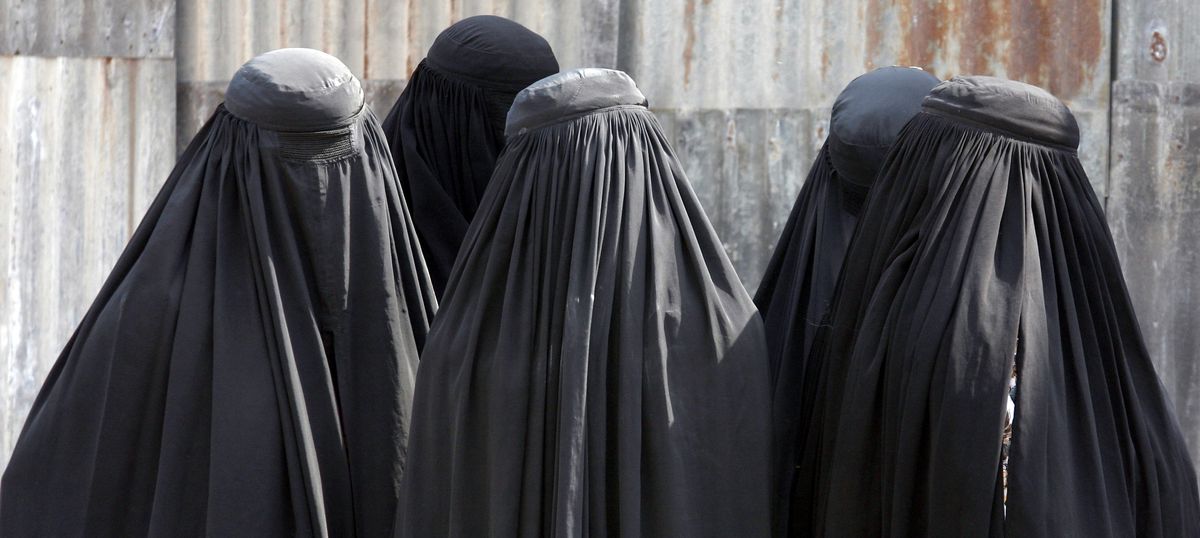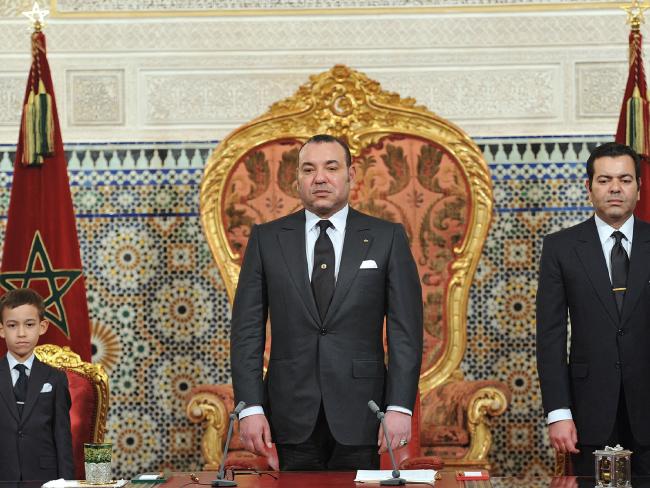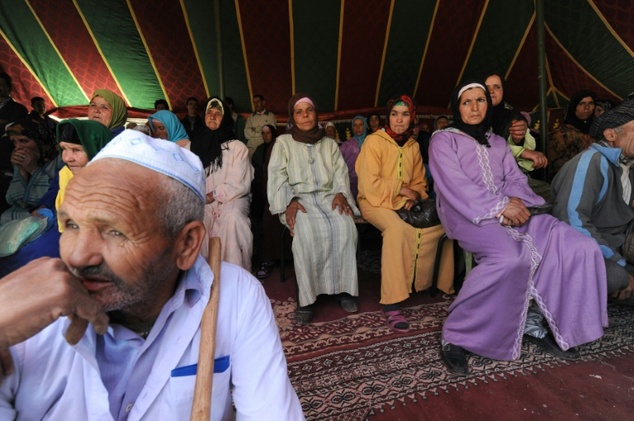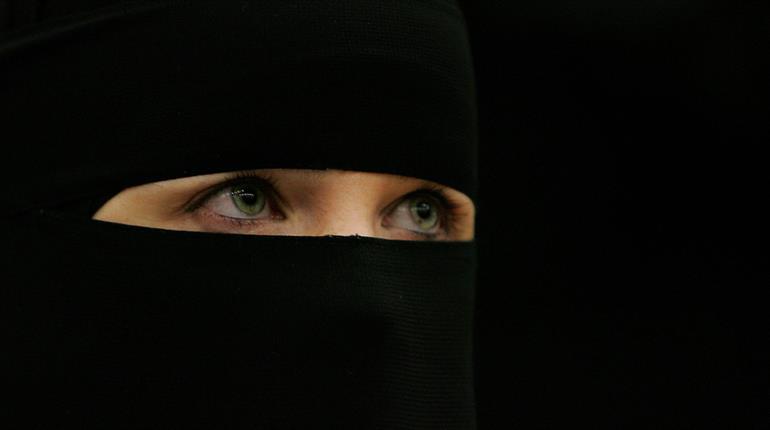Burqa ban in Morocco: Banning the full-face veils or to say them the Burqas was looking like a trend in the European Countries. After France’s initiate, Belgium Poland and Netherlands banned the full face veils for Muslim women. But the latest nation to join the list will definitely shock you! Yes, Morocco, a Sunni-Muslims majority nation has banned the sale, production and import of the burka.
This decision by Morocco has shocked the many other nations in the world and especially the Arab countries. There was no official announcement from the authorities has been made so far but the Letters announcing the ban due to ‘security concerns’ were sent out on Monday, giving businesses 48 hours to get rid of their stock, the local media reports stated.

What are the reactions to the Burqa Ban in Morocco?
Hammad Kabbaj, a preacher barred from standing in parliamentary elections in October over his alleged ties to “extremism”, denounced the ban as “unacceptable”, mocking the “Morocco of freedom and human rights” which “considers the wearing of the Western swimsuit on the beaches an untouchable right”.
Meanwhile, the Northern Moroccan National Observatory for Human Development said it considered the measure an “arbitrary decision that is an indirect violation of women’s freedom of expression and wearing what reflects their identities or their religious, political or social beliefs”.

But Nouzha Skalli, a former family and social development minister, welcomed the ban as “an important step in the fight against religious extremism”.
Why Burqa ban important in perspective with the rising radicalism and religious extremism in the world?
But it is important to mention it over here that it is still unclear whether if Morocco is now intending to ban the garment outright or not. A high-ranking interior ministry official confirmed the ban to the Le360 news site, adding that “bandits have repeatedly used this garment to perpetrate their crimes”.

This step is seen as a major step towards the advancing the Muslims and prove out to be a bolder step in the rising radicalism in the world. However, the burqa, a garment worn by Muslim women that cover the entire face and body, is not widely famous in Morocco. This is because most of the Moroccan women favours wearing the hijab, which does not shroud the face.
Women in Salafist circles, and in more conservative regions in the north, are more likely to wear the niqab, which leaves the area around the eyes uncovered. The decision has split opinion in the North African kingdom, led by King Mohammed VI, who favours a moderate version of Islam.

